Arts bosses are still too white, Arts Council England says
- Published
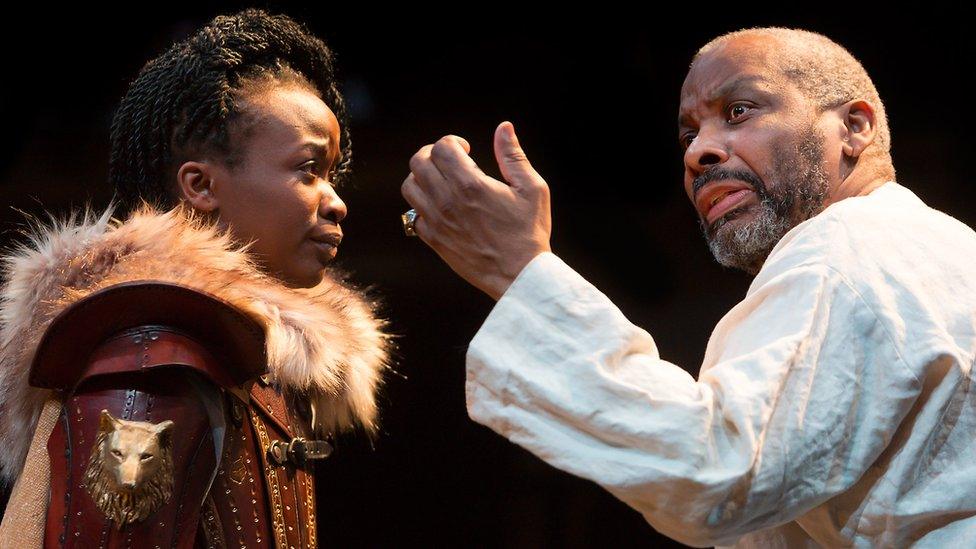
Talawa theatre company recently staged King Lear starring Pepter Lunkuse and Don Warrington
More English arts organisations should appoint black and minority ethnic staff to their top jobs, the head of Arts Council England has said.
Darren Henley was speaking after Arts Council England (ACE) published its latest diversity figures, external.
They show that 17% of the workforce in companies that get annual ACE funding are black or minority ethnic - compared with 15% in the population as a whole.
But 10% of artistic directors and 8% of chief executives are from a minority.
And 9% of chairs of boards are black or minority ethnic.
"For change to be real, there needs to be more diversity at the top," Mr Henley said.
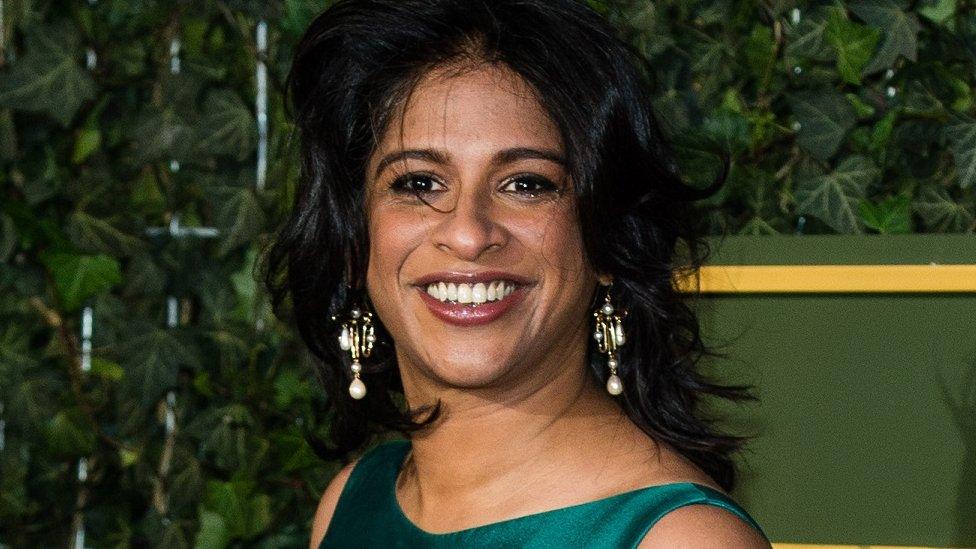
Indhu Rubasingham has run London's Tricycle Theatre since 2012
Current artistic directors who are from a minority include Indhu Rubasingham at the Tricycle Theatre and Madani Younis at the Bush, both in London, and Dawn Walton and Michael Buffong at touring theatre companies Eclipse and Talawa respectively.
British actor and director Kwame Kwei-Armah, who moved to the US to run Baltimore's Center Stage, recently said, external it was "painful" that there were so few "African-Caribbean or African artistic directors and leaders" in the UK.
The Arts Council's report said it welcomed the "continued progress" in increasing diversity in the workforce and "will be looking to build on this".
But Mr Henley said "we all have to do better" when it comes to disability.
Just 4% of staff in the 696 organisations that receive annual funding are disabled - compared with 19% in the wider working population, the report said.
Mr Henley said the Arts Council would publish recommendations for venues and other funded companies next year on how to tackle this.
The report also said attracting audiences from less affluent social groups would be "a major theme of our future work".
Around a third of people who buy tickets for arts events come from the top two socio-economic groups, which account for 24% of the overall population.
'Holds back progress'
And 21% of ticket buyers come from the bottom two socio-economic groups - despite the fact that those groups make up 31% of the country.
"For many children and young people from minority communities and from the least prosperous parts of our society, the arts aren't a part of life," Mr Henley said.
"That exclusion holds back their progress. And this represents a huge waste of our national talent, at a time when we need it more than ever."
Of the funded companies with more than 50 permanent staff and which provided staff data, Bournemouth Symphony Orchestra and Cheltenham Festivals reported that 100% of their staff are white.
York Museums Trust is on 99%, Opera North has 98%, English National Opera has 97% and the figure for both the Halle Orchestra and City of Birmingham Symphony Orchestra is 96%.
Mr Henley threatened cultural organisations who did not supply full staff data.
"We must be able to present an accurate picture of progress and of problems," he said.
"Inevitably, going forward, we will have to look at the funding conditions of those that do not comply."
Arts Council England will have invested £11.8m specifically in diversity this year, he added.

Follow us on Facebook, external, on Twitter @BBCNewsEnts, external, or on Instagram at bbcnewsents, external. If you have a story suggestion email entertainment.news@bbc.co.uk, external.
- Published13 October 2016

- Published9 September 2016

- Published8 August 2016
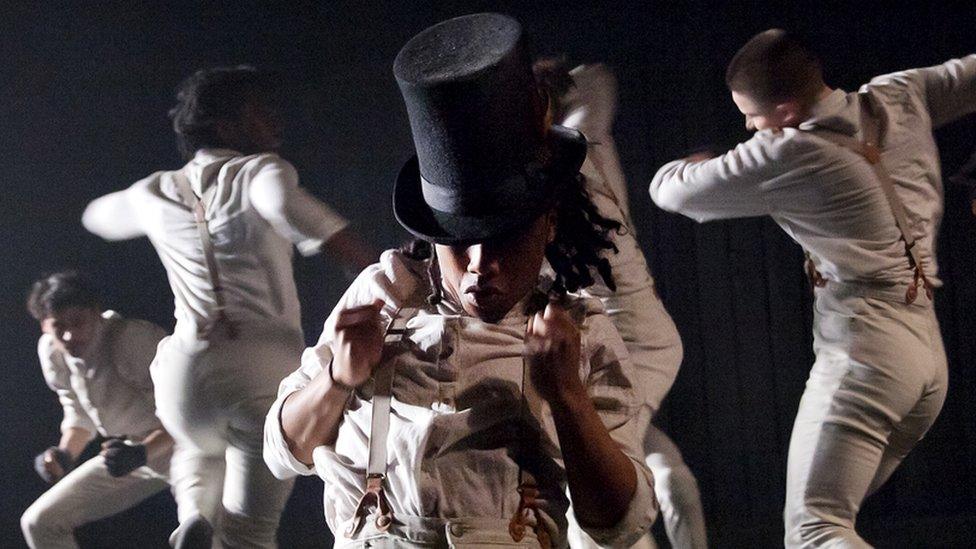
- Published8 June 2016
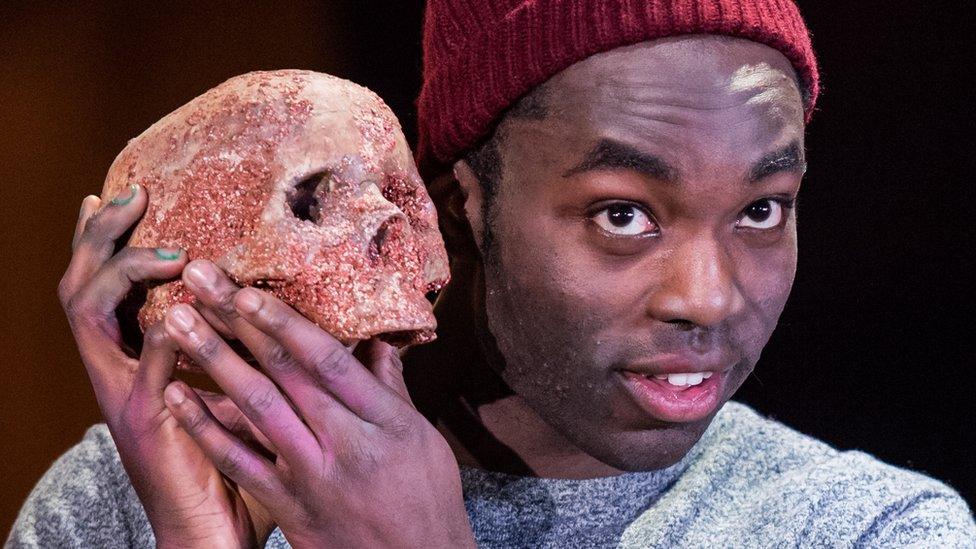
- Published23 March 2016
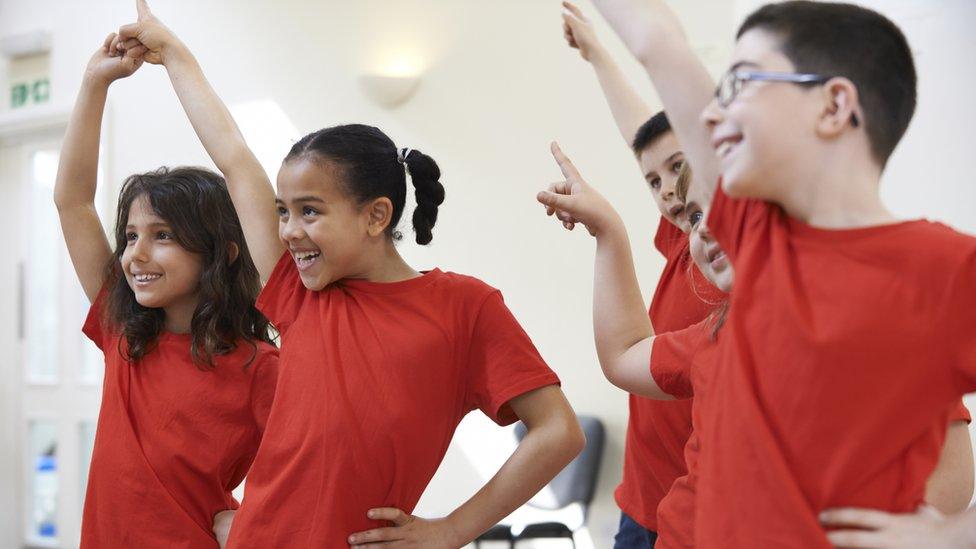
- Published8 December 2014
